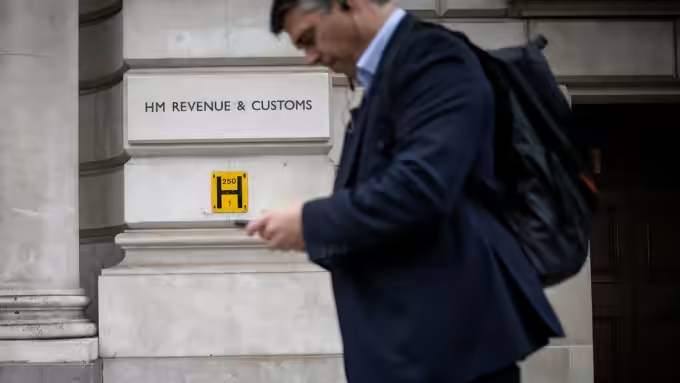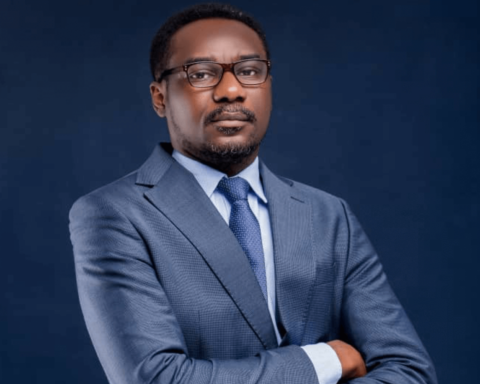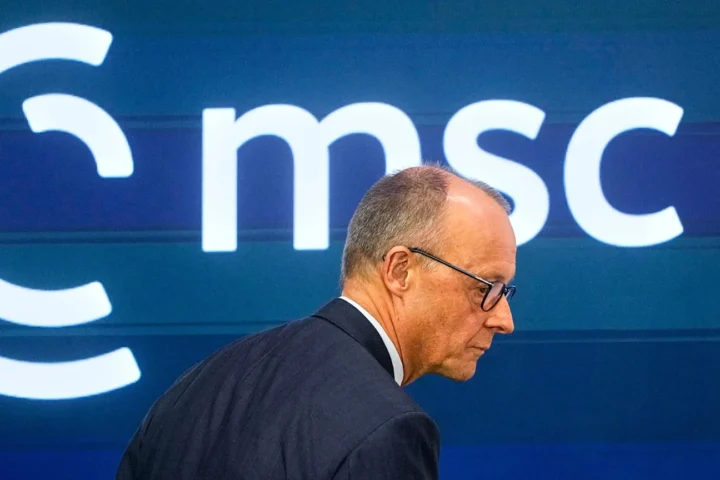Five individuals involved in what the High Court described as the largest Ponzi scheme in UK history have been held liable for nearly £400 million in damages. The case revolves around London Capital & Finance (LCF), a company that deceived thousands of investors through fraudulent practices.
The Breakdown of Liability
Two directors of LCF, Michael Thomson and Spencer Golding, were found liable for £180 million, while three others—John Russell-Murphy, Paul Careless, and Robert Sedgwick—were held accountable for £211 million. The fraud spanned several years, misusing investor funds raised through mini-bonds.
The Scheme’s Scope and Impact
Between 2013 and 2018, LCF raised £237 million from over 11,600 investors under the pretense of funding UK small and medium-sized enterprises. However, the High Court determined that the funds were misappropriated, primarily to benefit individuals linked to the company. Justice Robert Miles concluded that LCF operated as a Ponzi scheme, using new investor money to pay returns to earlier investors.
By 2019, LCF collapsed into administration, leaving thousands of investors with significant financial losses. Many of the funds were diverted to luxurious expenditures, including property, supercars, high-end travel, and political donations.
The Role of Surge Financial
Surge Financial, a marketing firm based in Brighton, was instrumental in promoting LCF’s mini-bonds and received an estimated £60–£65 million in commissions. Paul Careless, who ran Surge Financial, was singled out for his role in enabling the scale of the fraud. Claimants’ representative, Stephen Robins KC, stated that Careless’ “greed” fueled LCF’s rapid growth into Britain’s largest Ponzi scheme.
Defense and Court Enforcement
Careless’ legal team argued that he was unaware of many aspects of the fraud and sought to reduce his liability. Despite this, the court upheld the full judgment against him and others involved. Defendants are typically given 14 days to comply with payment orders before enforcement actions are initiated by administrators.
A Bleak Outlook for Recovery
Justice Miles noted that it is “highly unlikely” that the defendants will be able to repay the full amount, leaving many victims with little hope of recovering their investments. The case serves as a stark reminder of the devastating impact of financial fraud and the need for rigorous oversight in the investment industry.




























